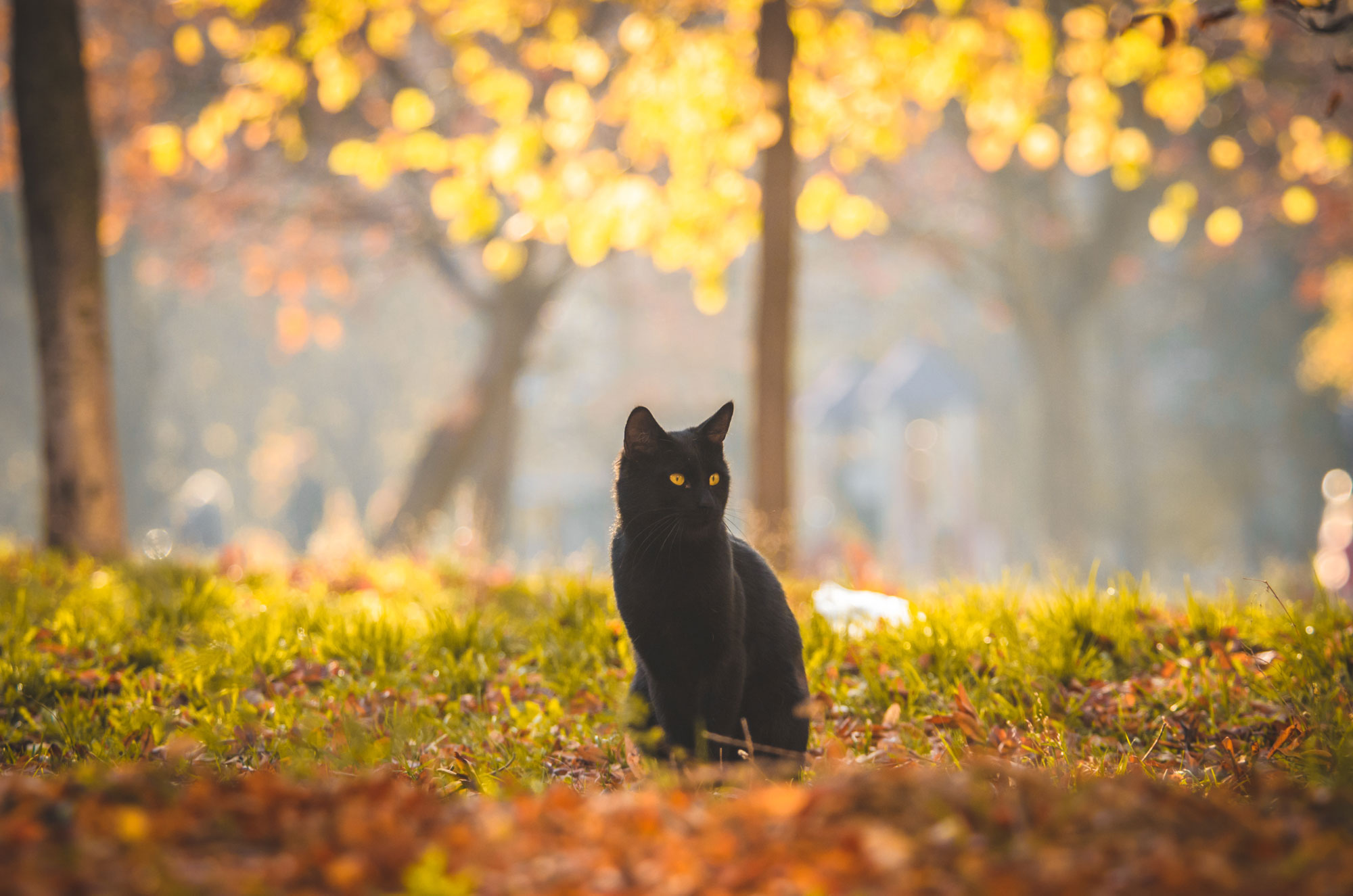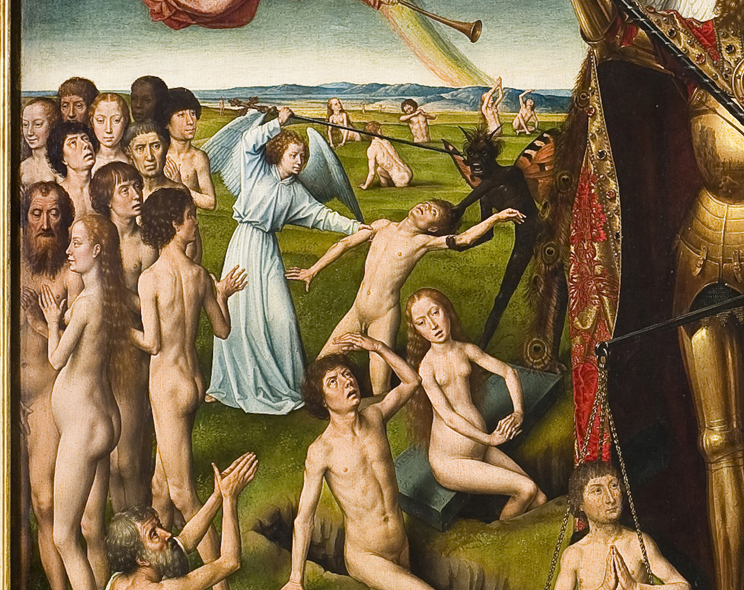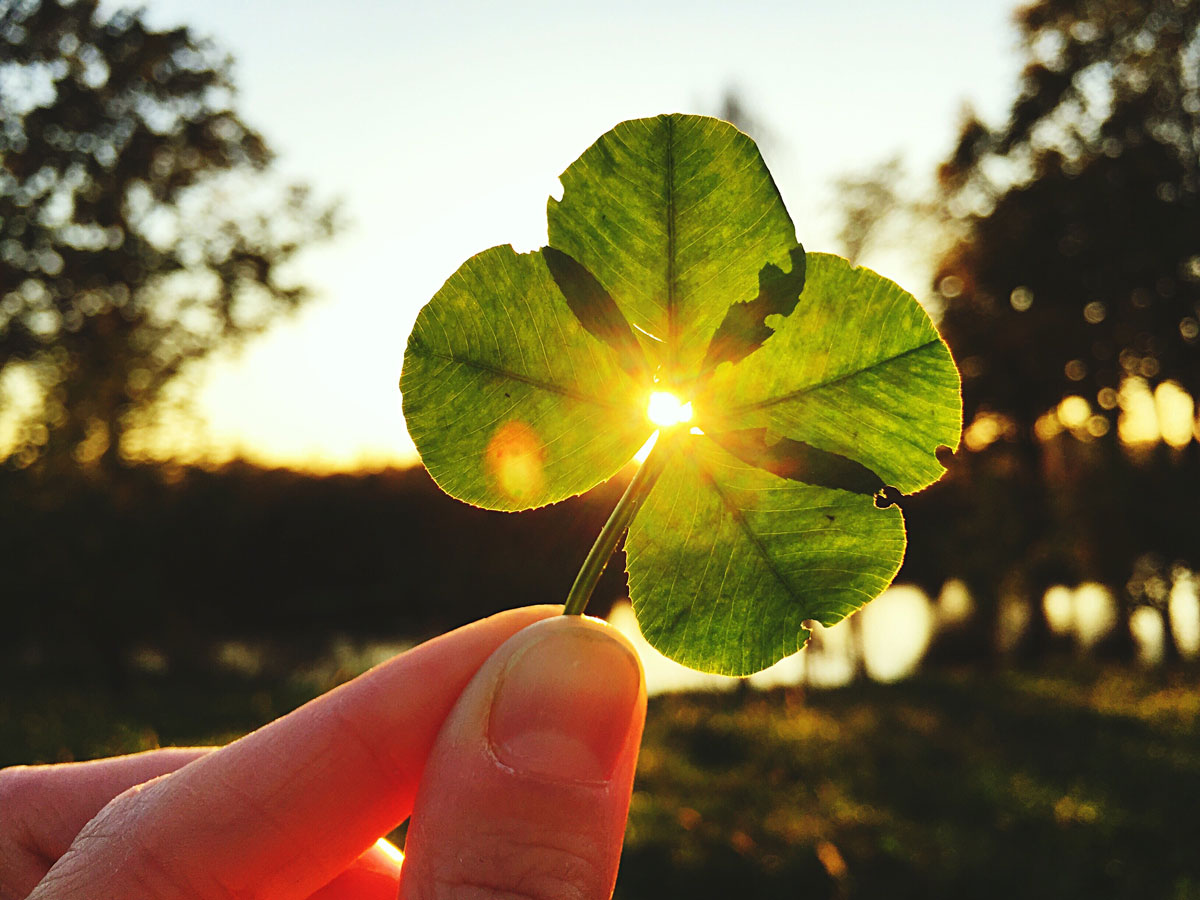Products: Found {{ searchResultsCount }} - Show all
Check if you entered what you are looking for correctly.
Categories: Found {{ categorySearchResults.length }}

A wallet with a well-known silhouette, one of the most popular gifts.
It is a well-known custom to place a penny for good luck in a wallet that you give to someone as a gift....
See classic gift wallet 300013Welcome to a mini-guide to superstition and superstition!
Give the gift of wealth
There is a superstition that giving a wallet containing money or another amulet as a gift will 'attract' more money to the recipient. In Chinese tradition, there are 'lucky pennies' - three coins with a square hole, linked together by a red thread. In some European countries, including Poland, such a talisman is a carp's scales, left over from the Christmas Eve dinner. The Irish might put
into such a wallet - but a five-leaf clover. According to ancient beliefs, it is the five-leaved clover that brings wealth to the one who possesses it. If you smash the mirror with your reflection, it will reflect on your luck for seven years. What happens to a voodoo doll - will also happen to the person the doll represents. It is better not to step on a cracked surface, because it will "crack" something in your life....

Black cat
(European burial).
Although cats were often rather associated with good luck, and were even worshipped as gods in ancient Egypt, things took a turn for the worse for our dark-coloured furries in the 13th century. It was then that Pope Gregory IX issued a bull declaring them to be 'the incarnation of Satan'. From then on, black cats found themselves in an unglamorous situation, burning in bonfires on holy days such as carnivals, the first Sunday of Lent and Easter. They also became a symbol of black magic, an attribute of witches and harbingers of inevitable bad luck.

Wallet 319013
💎 add a gemstone!

RFID wallet 330013
💎 add a gemstone!

RFID wallet 357013
💎 add a gemstone!

Wallet 312013
🌳 wooden box included in price

Wallet 379052
💎 add a gemstone!

Wallet 314013
🌳 wooden box included in price

Knock on wood
(Indo-European and Celtic derivation).
Have you ever knocked on wood to ward off the devil? This superstition derives from the old pagan belief that good spirits live in trees, which can be summoned to help by knocking
to their house. The knocking was also supposed to ensure that evil spirits could not hear a person's speech and cause them harm. Depending on the region, this superstition can vary slightly, e.g. in Poland it is unpainted wood, in Turkey it is knocking twice, and in Latin America it is knocking on wood that has no legs (not a table, chair, etc.).

Throw salt over your left shoulder
(ancient and Judeo-Christian derivation).
This is another way of warding off evil. Since ancient times, the human imagination has personified the right side as precisely... right, i.e. good. Similarly, from the left side, the inferior one, evil attacked - from there came evil promptings, misguided decisions and misfortunes. As salt has been a difficult and expensive resource for centuries, throwing it over one's left shoulder (thus making a certain sacrifice) was supposed to prevent harm greater than the loss of a handful of the precious spice.

Four-leaf clover
(Celtic derivation).
The Celts believed that the four-leaf clover had magical powers and protected against bad luck and evil. They also believed that carrying it with them allowed them to see fairies. Celtic fairies were dangerous little creatures that could play deadly tricks or steal children, so being able to see them offered a chance of avoiding misfortune.
However, it is not all that easy to find a four-leaf clover, as scientists have (of course) verified. According to a study conducted in Switzerland, the probability is 1:5,000.
Good luck!










